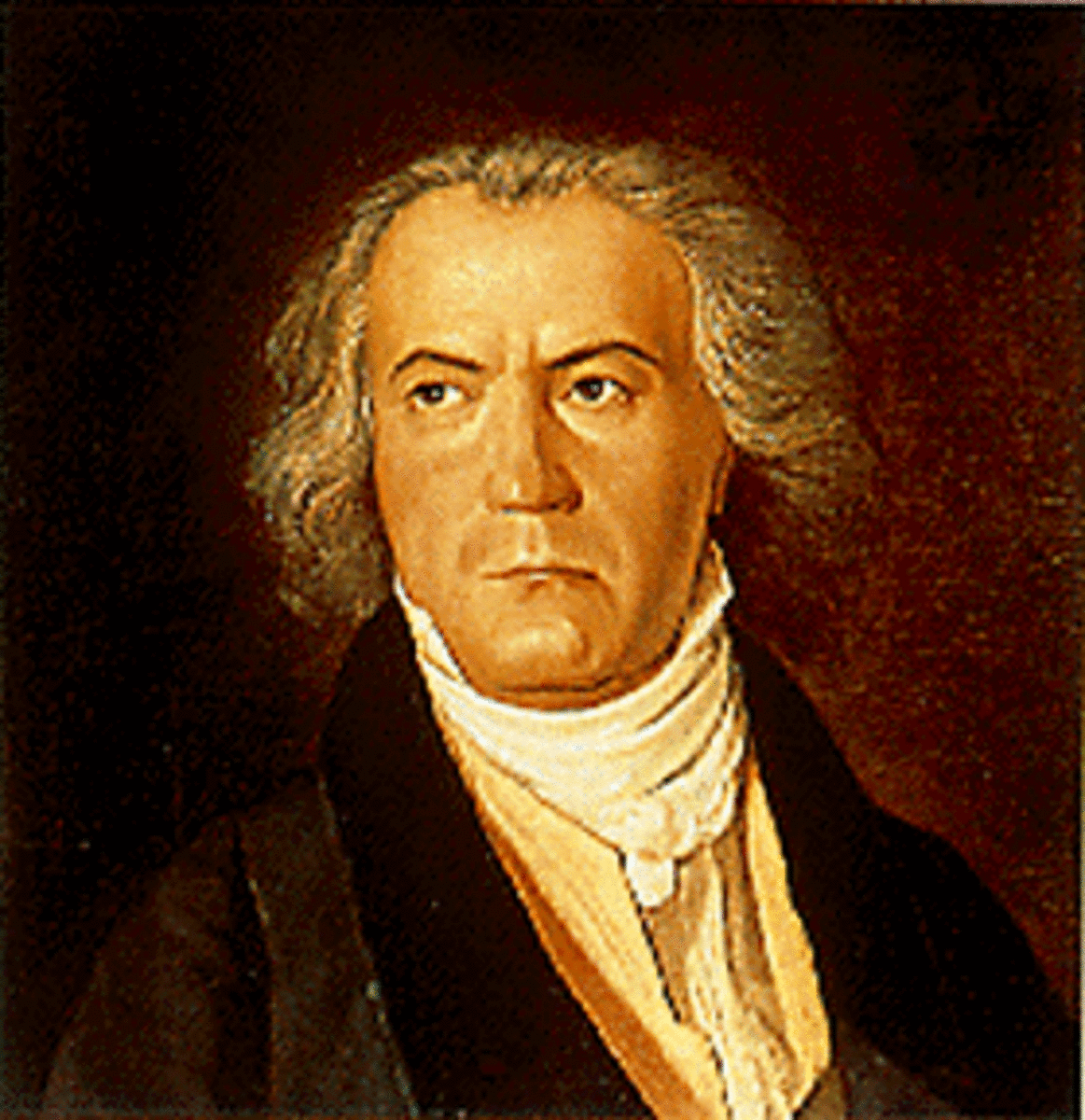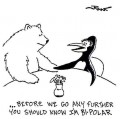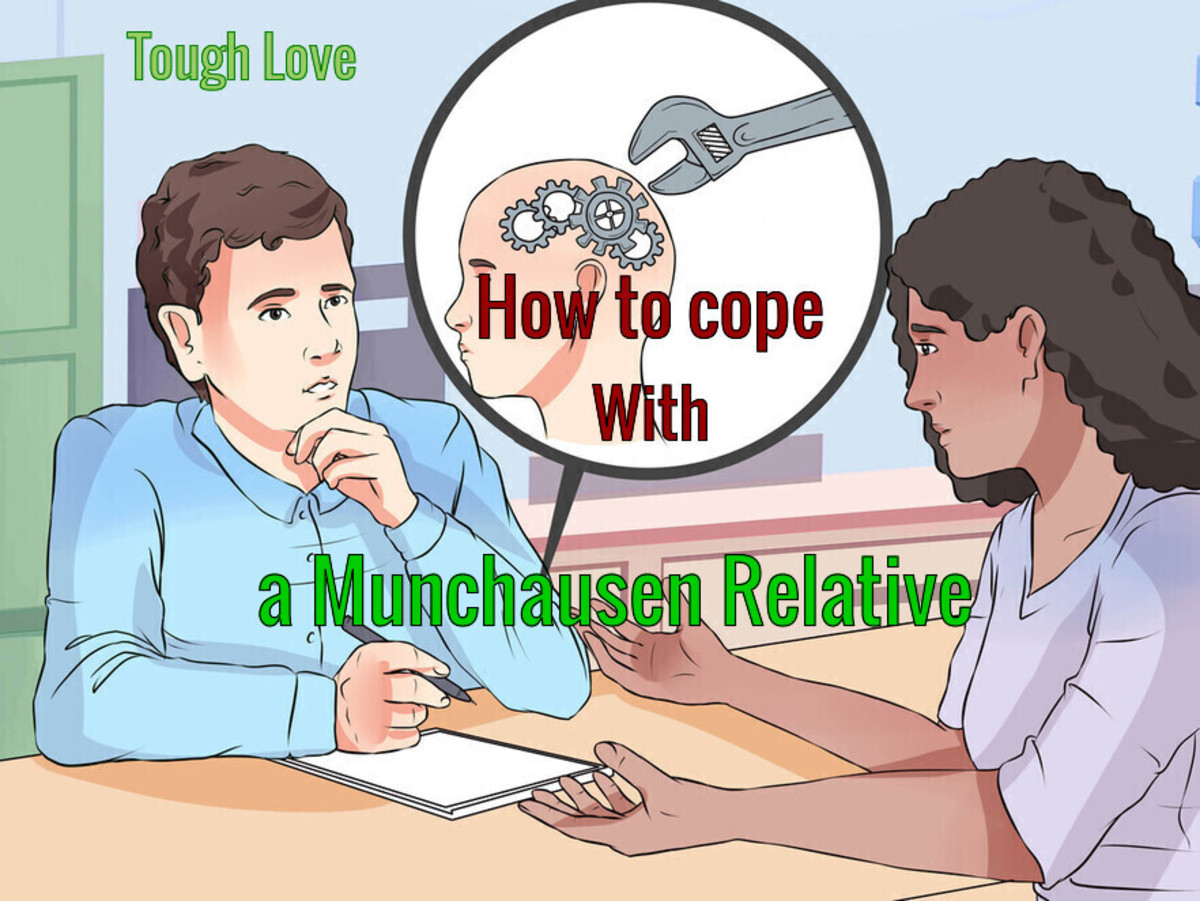Bipolar Disorder, Insomnia, and Heart Disease- What's the Connection ?
Anyone who is familiar with Bipolar Disorder will know that there is a strong association with sleep disturbance.
Altered sleep patterns are associated with both the manic and depressive phases and can lead to insomnia (inability to sleep) or hypersomnia (too much sleep). When someone with Bipolar Disorder is hypomanic they often have a decreased need for sleep, and in this case have no desire to rest and are full of energy.
At the recent 25th Anniversary Meeting of the Associated Professional Sleep Societies, SLEEP 2011, Adriane M. Soehner, MA, (from the Department of Psychology at the University of California, Berkeley) discussed a study which found a relationship between insomnia in Bipolar Disorder and the likelihood of the subjects also having risk factors related to heart disease. She said that Bipolar Disorder contributed to three serious risk factors for heart disease.
The three risk factors are:
- Obesity
- Diabetes
- Hypertension
This is particularly interesting because people with Bipolar Disorder develop heart disease an average of 14 years earlier than the general population. If their susceptibility is linked to lack of sleep then it's possible that prompt treatment of sleep related issues may reduce the chances of heart problems occurring.
Naturally this is an important consideration for young people who have just been diagnosed and have the best chance of being able to influence their health in the future.
How did the study determine a relationship between sleep and heart disease?
There were 176 people included in the study. Half of them had Bipolar Disorder Type I and half had Type II.
Based on their symptoms the subjects were divided into three groups:
- no insomnia (good sleepers)
- those with acute insomnia (lasting 1-6 months)
- those with chronic insomnia (lasting from 6-12 months)
The participants with either type of insomnia were twice as likley to be obese than those who slept well. Also, the good sleepers were 4-5 times less likley to have hypertension than the insomniacs.
(Sleep did not appear to have any influence on the risk of developing diabetes).
- Medscape: Medscape Access
Full report from SLEEP 2011
What's the connection between Bipolar Disorder and sleep disturbance?
Research has suggested that there is a gene, appropriately named the "Clock" gene, that regulates our circadian rythms. The Circadian rhythm is the 24 hour cycle of sleep and wakefullness that all human beings have and this cycle influences our sleep, hormonal function and body temperature.
There is some speculation that the disturbance in the natural sleep/wake cycle that has occurred due to the invention of the electric light and many of our technologiclal forms of entertainment, is associated with the recent increase in mental health problems.
People with Bipolar Disorder are known to have irregularities in their circadian cycle, which are associated with changes in mood. There are now recognised forms of treatment that use a methods of re-enforcing daily routines to help maintain levels of emotion.
- Bipolar Disorder Linked To Genes Of Biological Clock
Abnormalities in the genes that control circadian rhythms (rhythms of approximately 24 hours, also called biological clock) contribute to the developm... - The Time of Our Lives
More information about how clock genes work
What can be done to improve sleep?
There are several approaches that can help to keep sleep patterns on an even keel.
- Maintain the same number of hours sleep per night - by going to bed and getting up at the same times
- Exercise regularly - physical tiredness help to induce sleep
- Use relaxation tapes or routines- like mindfulness or meditation
- Do not use the computer or any electronic devices (like cell phones) immediately before bedtime - try listenig to relaxing music instead
- Take a relaxing bath before bedtime
- Avoid drinking coffee or tea late at night
When you still can't fall asleep
There are always going to be times when all the right preparations have been made but it's still difficult to fall asleep.
Often there are thoughts that won't seem go away and as effort is made to induce sleep the less likley it is that sleep occurs.
One trick is to write down persistent thoughts, or list the things that need to be done in the future that are preying on the mind. That way, these thoughts are captured and can be safely put out of mind...remember that there is nothing that can be done about them until the morning.
Sleep is important and well deserved.

Physical aids to sleep
When agitation strikes it can be difficult to sleep due to the many different types of distractions in the environment.
Even very dim light that shines through the crack of a door can be distracting to sleep and even very soft noises can be disturbing. These can be blocked out by using sleep masks and or ear plugs.
In some cases sound can help induce sleep when the house just seems "too" quiet. Devices that play soothing nature sounds and switch off after a certain period of time can be useful, even just a radio on a timer would work.
When sleep medication is the only option
Occasionally there will be times where nothing seems to work and the effects of not getting enough sleep start to become apparent.
At this point a doctor's and advice is required and medication may be necessary.
Be aware though, that sleep medications should only be taken on a short term basis as they can lose their effectiveness over time and are known to be addictive.
Over-the-counter sleep remedies are not recommended for people with Bipolar Disorder, except when following the advice of a doctor, as they may interfere with existing medications.

The greatest advantage of getting enough sleep for people suffering from Bipolar Disorder
Apart from reducing the chances of heart disease getting enough sleep has another great advantage for Bipolar sufferers.
Good quality sleep can greatly reduce the chances of relapse. Giving the brain some time to settle down can reduce its agitation, and can also calm the over-thinking that can lead to psychosis in susceptible people.
Many people with Bipolar disorder come to realise the importance of a good night's sleep after several rounds of relapse.
I know, from experience, that it is not always easy to follow through with plans to implement routine for a person with Bipolar Disorder, but with caring support from family and friends it is possible to succeed.

Links associated with sleep
- How To Sleep Better - Foods That Help You Sleep
Knowing how to sleep better is easier that you think. You may not be aware that there are foods that help you sleep. Foods rich in tryptophan. - SLEEP: The Best Remedy Ever
Bipolar Disorder Resources
- Best Bipolar Disorder Resources
After the initial diagnosis of Bipolar Disorder and before the acceptance stage even happens, there's a strong urge to find out more about it for the sufferer and hopefully from their carers, family and friends.









